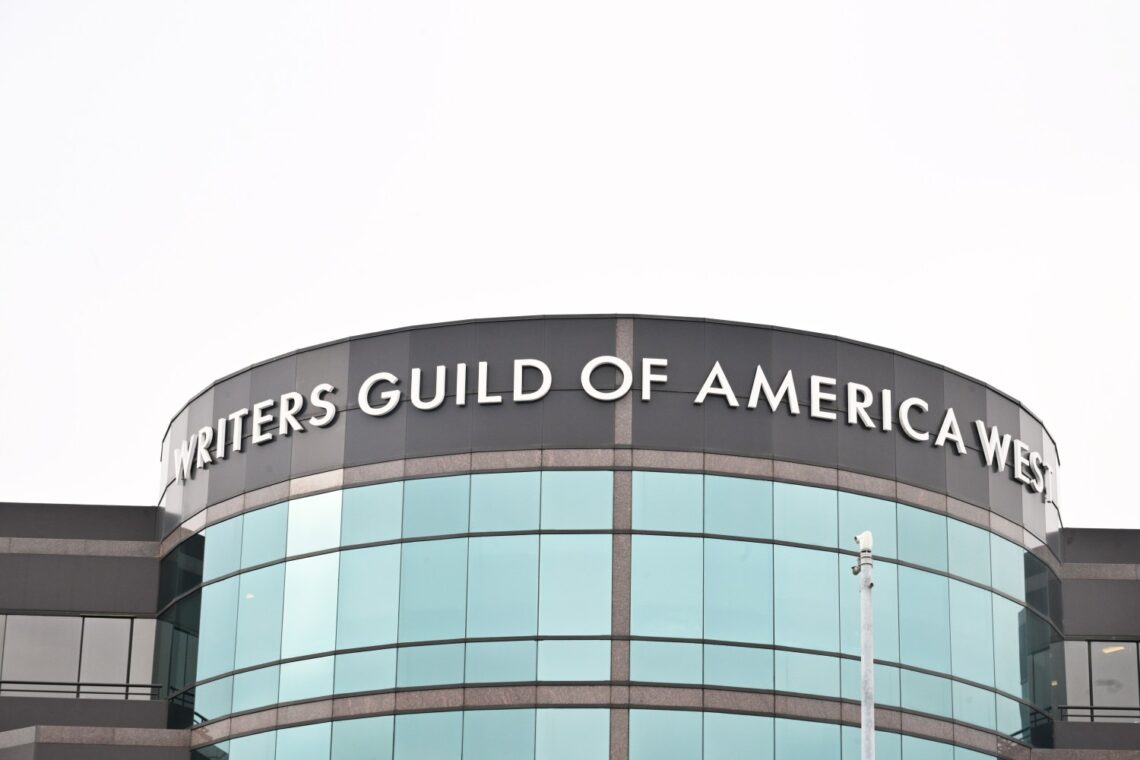The hidden battles behind the scenes: WGA West’s landmark settlement with CBS Studios
A precedent-setting victory for writers
In a significant turn of events, the Writers Guild of America West (WGAW) has secured a $3 million settlement from CBS Studios after a prolonged arbitration battle. This settlement, which the guild has termed “precedent-setting,” addresses the grievances of 24 writers who were allegedly denied payments under the guild’s Minimum Basic Agreement (MBA). The affected writers worked on popular CBS dramas such as “MacGyver,” “SEAL Team,” and “Hawaii 5-0.”
The heart of the dispute
The crux of the issue lay in CBS Studios’ practice of declaring writers’ rooms closed during between-season hiatuses while still pressuring writers to deliver scripts and other materials. According to the WGAW, this practice violated MBA rules, as writers were required to continue working without receiving their due weekly compensation and benefit contributions.
“Guild members providing writing services on these series were required to continue working even though the studio had declared the rooms closed and stopped making weekly compensation and benefit contribution payments to the impacted writers,” the WGAW stated in a message to its members.
The guild’s relentless pursuit
The WGAW’s determination to protect its members’ rights is evident in its actions. The guild pursued claims on behalf of the writers, leading to the $3.05 million settlement. This amount included all the weekly pay, pension, health, and parental leave contributions owed, as well as more than $1 million in interest.
“This is a precedent-setting settlement that will help other writers who face this unacceptable practice,” the WGAW emphasized in its message.
CBS Studios’ stance
While CBS Studios declined to comment on the resolution, it is understood that the studio’s position was that the practice of asking for extra work after writers’ rooms closed was limited to selected showrunners and was not known to studio or network leaders. However, the WGAW’s message made it clear that the guild is committed to cracking down on such practices.
A broader issue in the industry
The issue of writers facing pressure to do extra work without compensation is not unique to CBS Studios. It was a widespread concern heard on picket lines during the WGA’s 148-day strike last year. The guild’s legal department has been actively working to address these issues, collecting significant amounts in unpaid fees and benefits for its members.
In 2022, the WGAW’s legal department collected $79 million in unpaid fees and benefits, including $4.9 million in initial compensation for writers and more than $1 million in interest for late payments. The bulk of the amount came from $68.8 million in residual compensation and $2.4 million in interest.
The ongoing fight for fair compensation
The WGAW’s efforts to ensure fair compensation for writers continue to yield results. Last year, the guild’s legal department collected $6.6 million, including $2.2 million in initial compensation and $2.8 million in residuals. This year, the tally stands at $14.3 million, with most of the amount coming from initial compensation ($7.1 million) and $2.1 million in interest.
Reflecting on the future
The WGAW’s landmark settlement with CBS Studios is a significant step towards ensuring fair treatment and compensation for writers in the entertainment industry. It sets a precedent that will likely influence future negotiations and disputes, reinforcing the importance of adhering to the terms of the MBA.
As the industry continues to evolve, it is crucial for writers to have strong representation and advocacy to protect their rights and interests. The WGAW’s relentless pursuit of justice for its members serves as a reminder of the ongoing battles behind the scenes and the importance of standing up for fair treatment in the workplace.
For more information on the CBS dramas involved in this settlement, you can watch the trailers and find additional details here:
The journey towards fair compensation and treatment for writers is far from over, but each victory brings us closer to a more equitable industry.

 Italian
Italian







